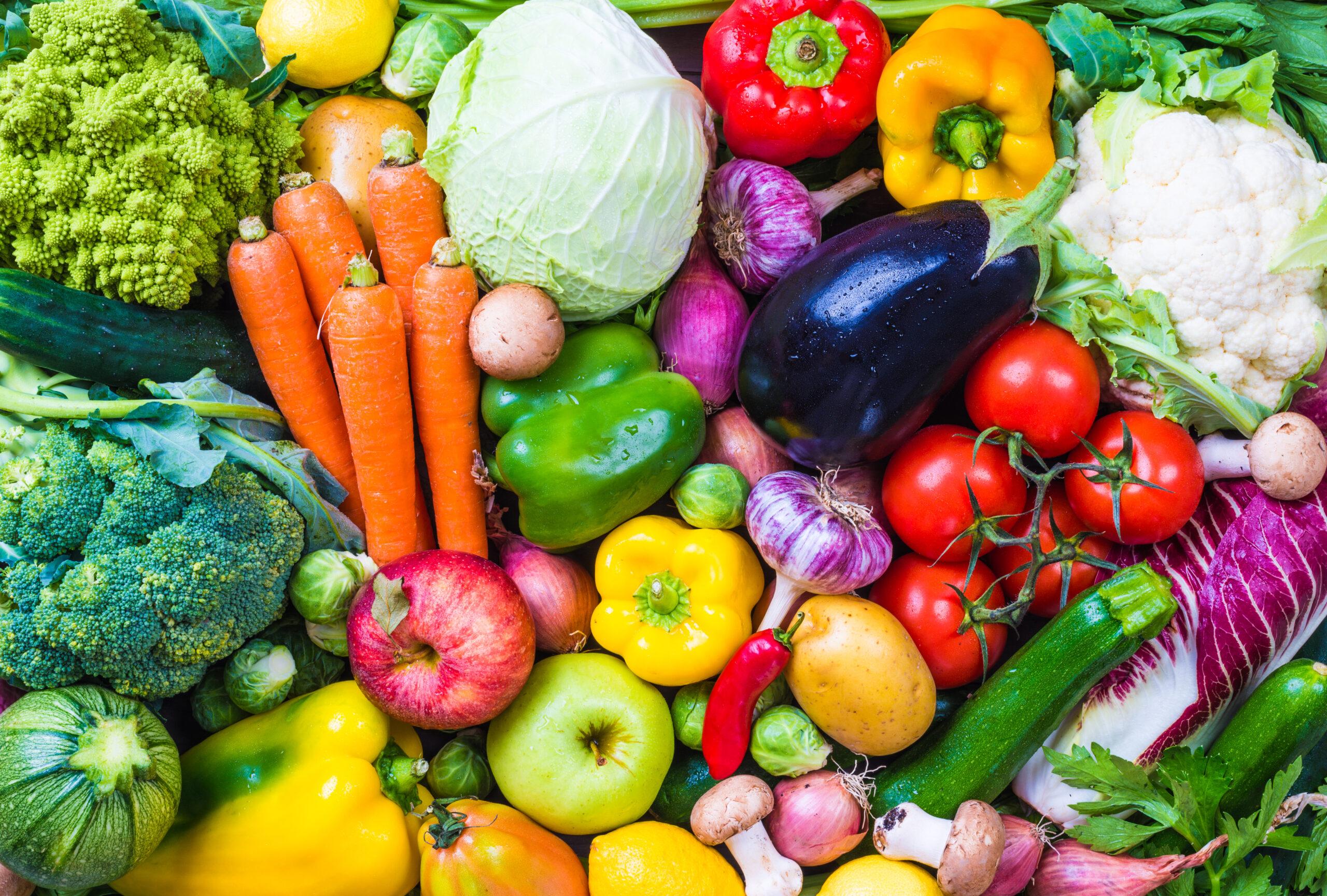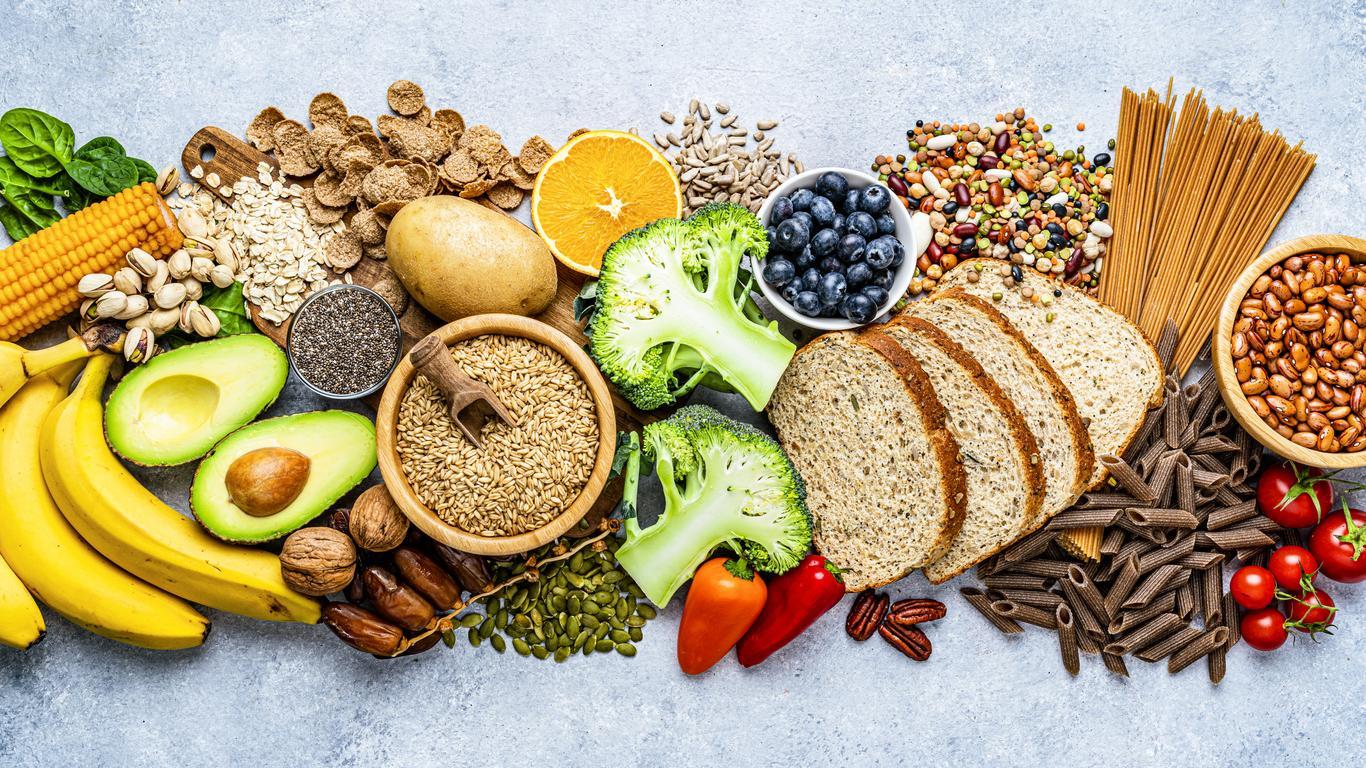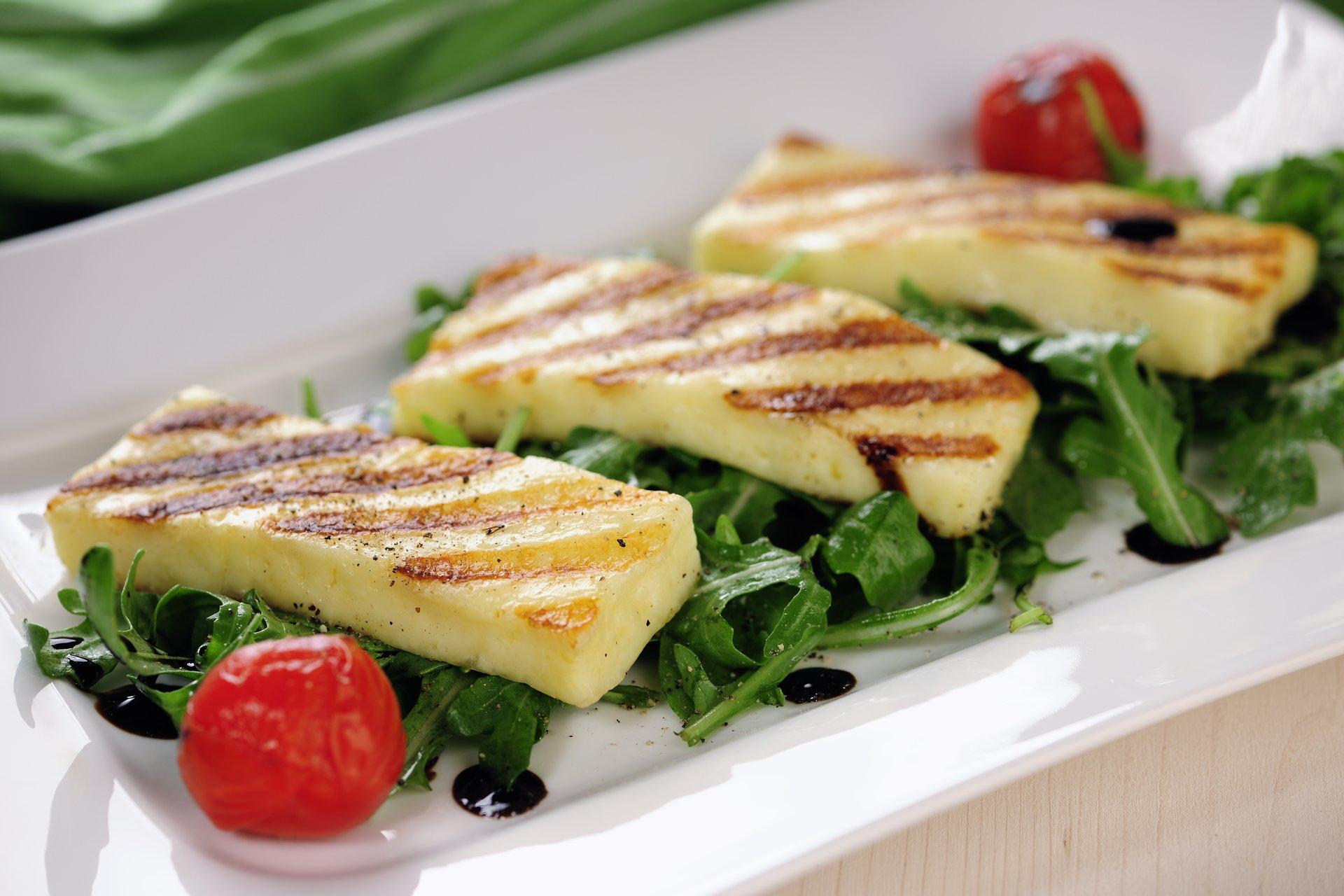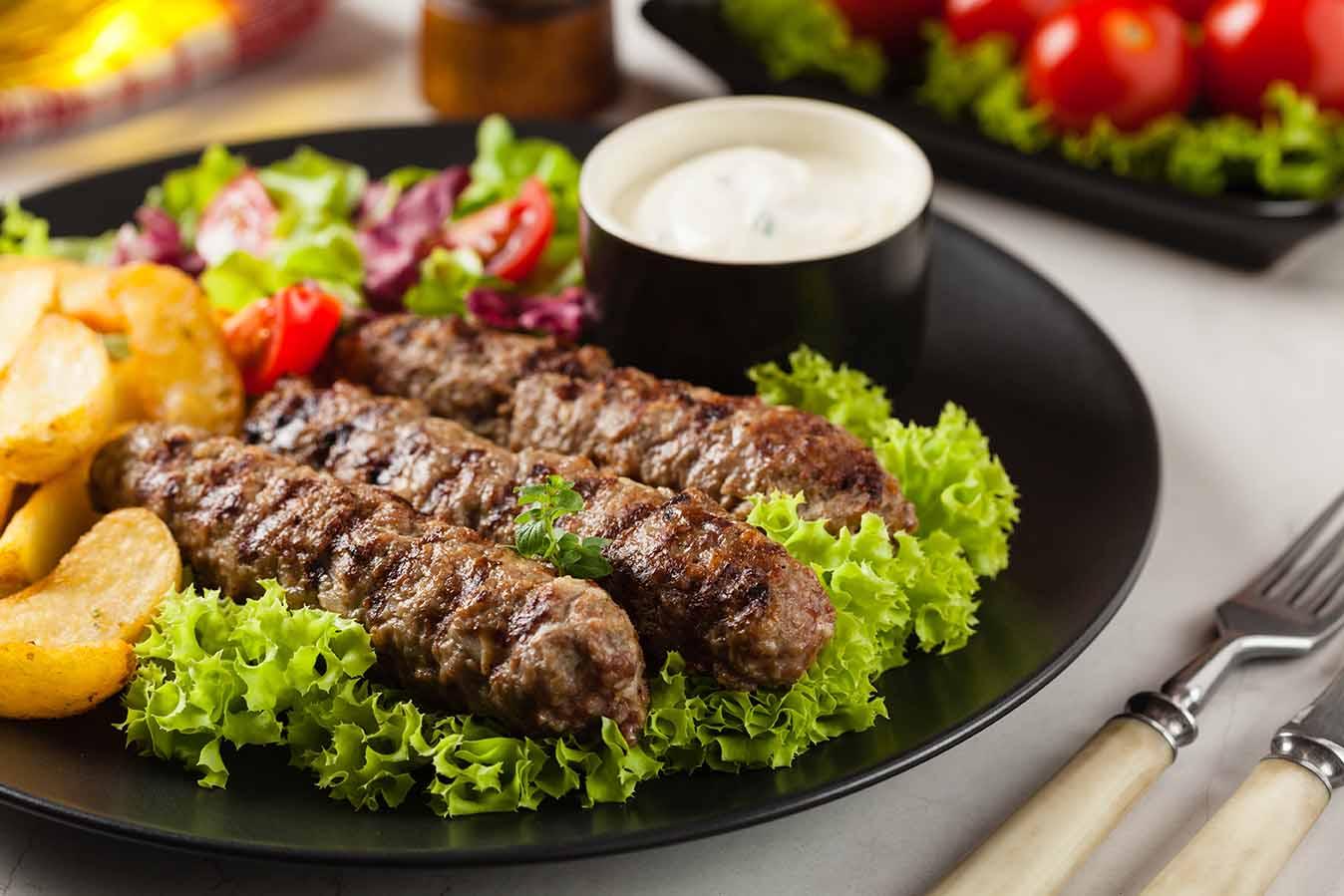Some tourists believe that Cyprus is not a vegan-friendly destination because traditional tavernas primarily serve meat dishes. However, if you look deeper, this is far from the truth! Cyprus is very welcoming to vegans and vegetarians, and services and establishments for them are developing rapidly.
On the island, it is perfectly possible to both relax and live without eating meat. Of course, suitable food options are not on every corner, but there are plenty. Choosing vegetarian or vegan options is not difficult. Below are the pros and cons of Cyprus for those who have given up meat, giving an idea of why the island is good for both living and vacationing as a vegetarian.
Pro #1: Fresh Fruits and Vegetables Year-Round
Everything grows abundantly on the island—from tomatoes, olives, and figs to aromatic herbs. Fruits and vegetables of various kinds are cultivated year-round, and their abundance is a joy. In spring, strawberries and cherries ripen in the villages; in summer, sweet melons, watermelons, and peaches; in autumn, figs, plums, and pears; and in winter, oranges, mandarins, mangoes, and pomegranates. Thanks to the warm climate, something is always blooming or growing, and fresh greens and vegetables are constantly available from Cypriot fields.
Local produce is pleasantly affordable, which is not surprising since it doesn’t require long-distance transportation. Organic vegetables and fruits are sold at markets where farmers bring produce directly from their gardens. For those following a plant-based diet, Cyprus can almost be called paradise: everything is fresh, natural, and accessible.
Tip: In f, Cyprus sometimes hosts a vegan festival called Vegan Fam Festival, featuring traditional music and dance alongside vegan cooking workshops and handmade products on display.

Pro #2: Orthodox Fasts — Vegan-Friendly
Cypriots are a people with traditional values, and religion still plays an important role in their lives. The island has several branches of Orthodoxy, the most common being Greek Orthodox, but Armenian Orthodox is also present. During long fasting periods, many locals abstain from animal products. This enriches not only restaurant menus but also national cuisine overall.
During fasting periods, restaurants and tavernas offer special plant-based menus: beans with olive oil, vegetable stews, various stuffed breads, salads, dressings, the famous garlic sauce talaturi, and even fasting meze! Essentially, fasting is a centuries-old ready-made foundation for vegan cuisine on the island.
Tip: The word nistimo in Cypriot Greek means “fasting” or “plant-based.”

Pro #3: Variety in Cypriot Cuisine
As mentioned earlier, some traditional Cypriot dishes are already vegan or raw-food friendly. Even without meat, meals remain hearty and flavorful, based on fresh vegetables, legumes (including chickpeas), nuts, and olive oil. Classic recipes also make it easy to replace meat with plant-based proteins, mushrooms, or pickled alternatives.
Tip: Specialized stores in Cyprus sell substitutes for goulash, minced meat, and other semi-prepared products.
Must-try vegan-friendly dishes include:
- Gyros (shawarma-style) with meat alternatives like falafel
- Fried halloumi cheese (locals even eat it with watermelon!)
- Soutzoukos — nut and fruit-juice sweet, similar to churchkhela
- Mahalepi — pink-colored dessert soup with starch pieces
- Vegetarian moussaka
- Avgolemono soup — use vegetable broth instead of chicken
- Appetizers/spreads: hummus, skordalia (garlic-potato sauce), melitzanosalata (eggplant), tahini, talaturi (garlic-cucumber sauce)
- Fava beans, mashed or added to vegetable stews
- Purguri — quick-cook bulgur, a carbohydrate staple for vegan diets
- Boiled Cypriot potatoes, famous for their slightly sweet taste
Increasingly, restaurants are offering vegan versions of traditional dishes, from dolma to moussaka. This variety allows tourists and residents to enjoy every meal without cooking themselves.

Pro #4: Vegan Cafés and Shops
In recent years, the number of establishments serving vegan dishes and products has grown significantly. In Paphos, Limassol, Nicosia, Larnaca, and Ayia Napa, cafés specializing in high-quality vegan and raw food are opening. Menus include smoothies, sugar-free desserts, and traditional dishes with plant-based meat alternatives.
Many places sell vegan products of local and imported origin—from sauces to plant-based cheeses. Major supermarkets dedicate entire shelves to such products, but for vegetables, fruits, and greens, markets are better, offering wider selection and freshest produce.
Notable stores with vegan/vegetarian products:
- Vegan4Life
- The Green Berry
- All Organic Shop
- Zorbas bakery chain
Supermarkets like Papantoniou and Alpha Mega offer a large selection of vegan products, though they don’t specialize in them.

Con #1: Few Hotels with Vegan Menus
Despite the growth of vegan gastronomy, Cyprus is not yet fully a vegan destination. Finding a hotel with a full vegan menu can be difficult. Some boutique hotels offer options for plant-based guests, but the choice is always limited. Many vegan tourists prefer booking apartments and cooking for themselves, though exceptions exist—some hotels in Limassol and Paphos provide curated vegan menus.

Con #2: Cypriots Love Meat
Meat remains a central element of the Cypriot table, despite the abundance of fruits and vegetables. Traditional feasts feature souvla, kleftiko, sheftalies, and similar dishes. In small villages and non-tourist areas, finding meat-free options can be challenging. Vegetarian tourists may find alternatives like vegetable appetizers, horiatiki salad (Greek salad), beans with lemon, potato with herbs, or bread with garlic sauce. Checking menus in advance or finding more experimental establishments is often necessary.

Con #3: Expensive Dairy Products
For those not fully plant-based, dairy can be costly in Cyprus. Milk, cheese, and yogurt are significantly more expensive than fruits or vegetables. Many vegetarians switch to plant-based alternatives, which are cheaper and easy to find in large supermarkets. For dining out, it’s less convenient, though snacks are available. For residents, it’s best to shop at markets, where produce is freshest and most affordable.

Overall, Cyprus can be considered vegan-friendly: it offers many opportunities to buy quality vegan and raw-food items year-round compared to the average Russian city. Limassol leads in cafés and vegan shops, but Paphos, Larnaca, and Nicosia also have options. For those avoiding meat, planning meals outside the home is entirely feasible.
Also Read:

